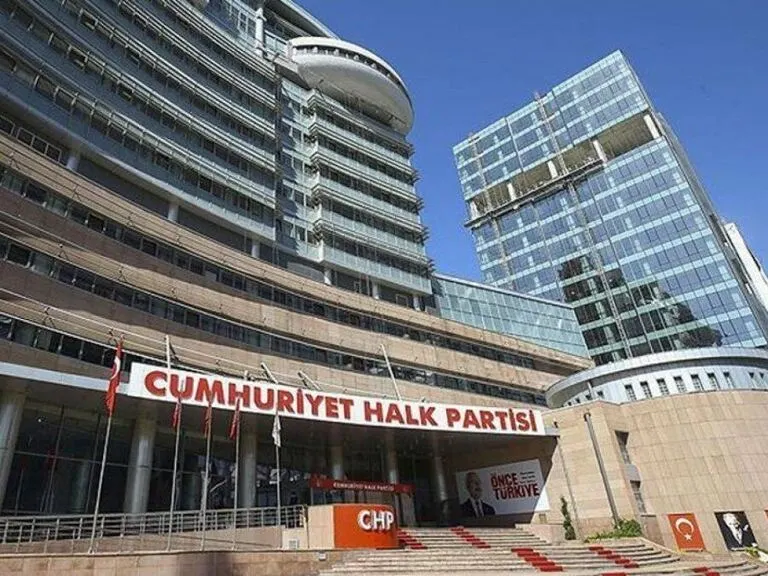The Turkish Republic has not been able to witness a strong democracy since the establishment of multi-party politics in 1950. Despite the relatively stable “civilian politics” that has been achieved under the incumbent Justice and Development Party (AKP), liberal democracy has never been consolidated. There has always been some degree of democratic deficit. The ruling elites are not the only responsible actors for the democratic deficit. In addition, the political opposition, particularly the main opposition party, CHP (known as the Republican People’s Party) has been responsible in the failure to make democracy as “the only game in town”.
Unlike what Turkey’s President Recep Tayyip Erdoğan stresses today using the rhetoric of “national will” ballot box is not a guarantee for a full-functioning democracy. Erdoğan’s fetishism of the national will tends to discount minorities, however the protection of minority rights is a significant part of a democratic regime. Certain norms such as the protection of minority rights, free speech, rule of law, and strong opposition that can compete for power are required for a strong democracy. Unfortunately these norms are quite weak while some of them are even non-existent in Turkish context.
This article is an attempt to analyze and criticize CHP, the main opposition party of Turkey, with a special emphasis on the democratic deficit inherent in it which has an impact on the erosion of Turkish democracy. It should be noted that, the lack of democratic norms is a problem not only for CHP but for all the political parties in Turkey.
The Origins of Democratic Deficit in Turkish Politics
The term “democratic deficit” can be defined as “a situation where institutions and their decision-making procedures may suffer from a lack of democracy and accountability.” Democratic deficit also refers to the absence or underdevelopment of democratic institutions. In addition, it can be used to explain that, these institutions may fail to function in a proper way (e.g., lack of accountability). Turkey’s democratic deficit did not emerge because of military’s intervention into politics as many commentators argue; on the contrary, military coups occurred because of the democratic deficit. The ongoing democratic deficit has been fed by both the incumbent party and the main opposition party.
After the foundation of Turkish Republic, a single party rule under the leadership of CHP governed the country for more than two decades. In 1946, Democrat Party was founded by some of the members of CHP and transition to multi-party politics took place just four years later. However, multi-party politics faced the weaknesses of democratic tradition most of the time. The continuous erosion of democratic norms has a number of causes. These causes include but not limited to the authoritarian political culture, the lack of trust in civil society, heavy censorship exercised on the media, and the politicization of the judiciary.
What Turkey has gone through for several decades has not only undermined democratic politics for the citizens, it has also weakened the already fragile democracy in intra-party politics including that of CHP’s. As a consequence, the democratic deficit has reached to wider extents.
The Republican People’s Party and Its Ontological Problem with Democracy
CHP was founded by Atatürk in 1923. CHP is the oldest political party in modern Turkish history. However it never managed to get enough votes to rule the country alone. Kemal Kılıçdaroğlu who came to office in May 2010 resigned in November 2023 after getting defeated in 12 elections.
CHP has its origins in several resistance groups founded during the Turkish War of Independence. Its logo consists of the Six Arrows, which represent the foundational principles of Kemalism: republicanism, reformism, secularism, populism, nationalism, and statism. It is currently the second largest political party in Grand National Assembly behind the ruling AKP. CHP is the party that abolished the sultanate and ensured national unity in the years of making new Turkish republic. It shaped the secular identity of Turkey through reforms in fields such as law and education.
Despite all the accomplishments that CHP made in making Turkey a modern country, CHP as the main opposition party has a number of faults and shortcomings especially in building a bond with the masses. CHP’s inability in forming a sincere bond with the masses has pushed tons of voters to the margins of alienation and this resulted with the repeated election losses for the main opposition.
It is a widely known fact that, most of the Turkish electorate consists of conservative people who feel uncomfortable with the top-down dictated secularist policies such as the headscarf ban. Besides that, the ultra-nationalist outlook of CHP has alienated many Kurdish voters as well. However, it can be argued that the main ontological problem of CHP which has been exposed as continuous failures in elections is the way it has treated religion and religious people. CHP for many decades has seen religious people as the “others” of the Republic. The CHP used to support a ban on headscarf in public life. During the “soft coup” that happened in 1997 many females were forced to remove their headscarves in order to go to school.
The ontological problem of CHP has been its pathological approach towards a large portion of the society: the conservative and religious people. The illiberal secular understanding of CHP has driven the masses close to conservative rightist parties like AKP. In addition to this ontological problem, the stubborn and incompetent leadership cadres of CHP have undermined the trust in the opposition as well. To make a long story short, it is obvious that the CHP with its clumsiness will continue to be an “ally” in helping Erdoğan regime consolidate its power at least for the following years.

